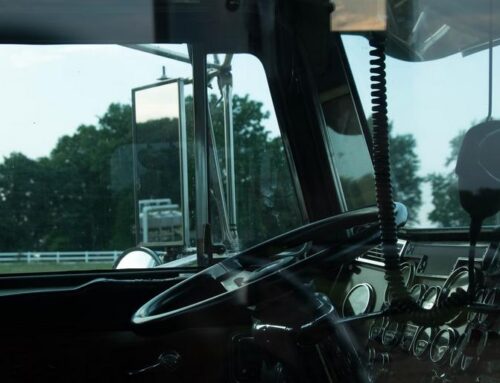In the case of Smith v. Dunn Hospitality Group Manager, Inc., d/b/a Comfort Inn, The Smiths became guests at the Comfort Inn in Evansville, Indiana, after a fire occurred in their home and they brought personal property with them. The Smiths were arrested 10 days later and taken into custody for about two weeks before they made bail. While they were in custody, their room rental was paid and their occupancy was not terminated. During the time of their incarceration, the Comfort Inn allowed Daniel Crawley access to their rooms and without the Smiths’ permission, he took all of their personal possessions.
The Smiths sued Comfort Inn for negligence for allowing Crawley into their rooms. Comfort Inn. Comfort Inn filed for summary judgment saying that there was no genuine issue of material fact that there was a limit to their liability and the trial court agreed with them. The Smiths appealed the decision. Indiana’s innkeeper statute applicable here involves the loss or damage to personal property other than merchandise. For that level, the liability of the innkeeper is capped at $200, regardless of whether the loss or damage is occasioned by the negligence of the innkeeper.
At trial court, the Smiths tried to argue that the Innkeeper Statute does not apply to criminal acts and that it failed to protect the Smiths from the intentional tort of a third party. On appeal, the Smiths tried to again argue that Comfort Inn essentially facilitated the theft of their property. The Indiana Court of Appeals disagreed noting that there was no evidence that Comfort Inn conspired with Crawley to commit theft. The Court upheld the trial court’s granting of summary judgment for Comfort Inn.
If you or a loved one have been affected by an accident or death, contact an experienced personal injury attorney at Hurst Limontes, LLC. We have decades of combined experience fighting for our clients in any number of personal injury claims. Call 317-636-0808 or email us for a FREE and confidential consultation.






